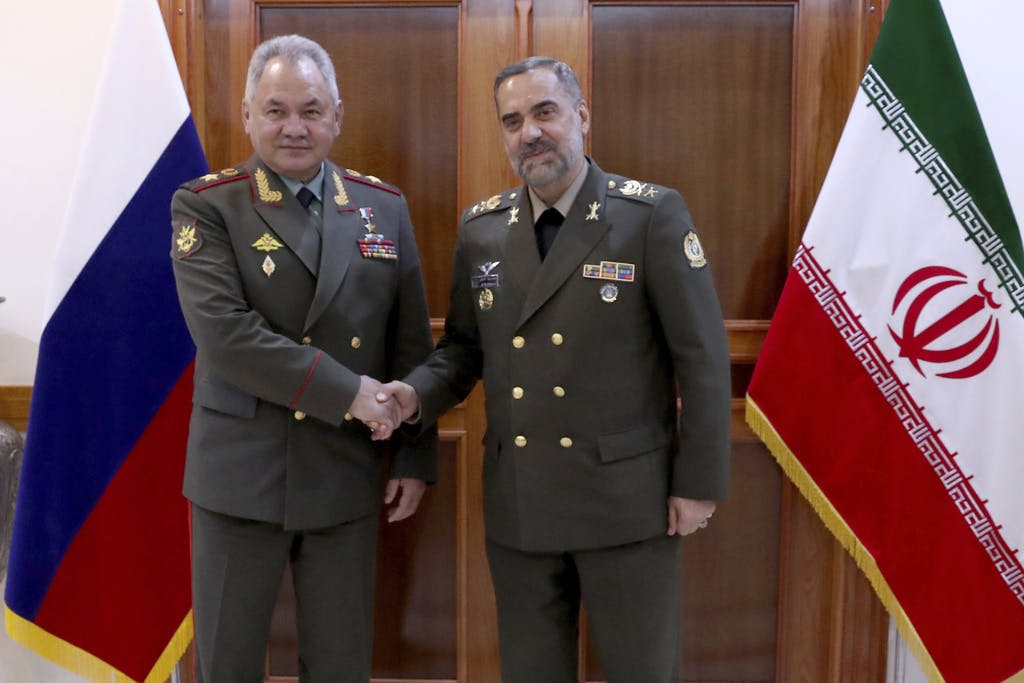
Moment of Truth Approaches for Trump’s Supreme Court Appeal of $5 Million ‘Sexual Abuse’ and ‘Defamation’ Verdict in E. Jean Carroll Case
By A.R. HOFFMAN
|Spearheading the quest, the Russian defense minister has followed up President Putin’s reception for Kim Jong-un with a mission to Tehran, hailing Iran-Russian ties as ‘reaching a new level.’

Already have a subscription? Sign in to continue reading

By A.R. HOFFMAN
|
By THE NEW YORK SUN
|
$0.01/day for 60 days
Cancel anytime
By continuing you agree to our Privacy Policy and Terms of Service.
By DANIEL EDWARD ROSEN